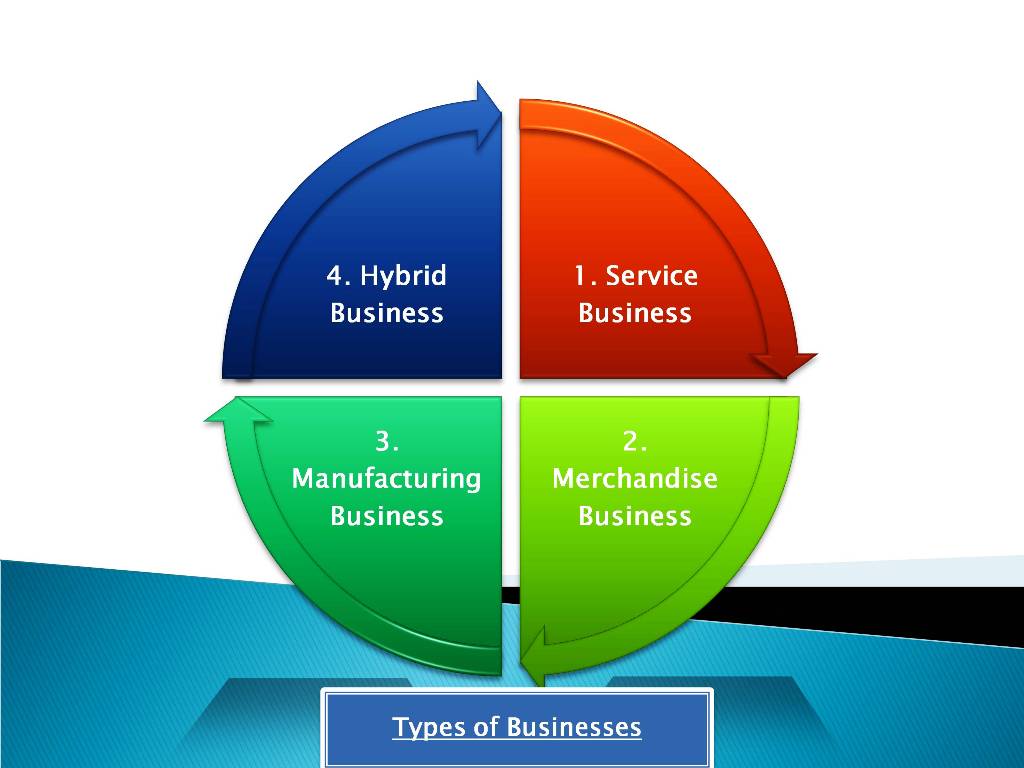Humans are constantly involved in some activity or another to satisfy their insatiable desires. We come across the words ‘business’ and ‘businessman’ daily, either directly or indirectly. In today’s environment, the business has become a necessary component. The source of revenue generation is business. It’s a way to make money in foreign currency.
If we look into the etymology of the term ‘Business’ it is a cumulative form of two words, i.e. ‘busy’ and ‘ness’, but a business has to offer so much more than just being busy. This article deals with the different aspects, types, nature and significance of business.
Table of Contents
Definition –
A business is an organization comprised of individuals who work together to achieve common goals and objectives. A company or an inventive entity engaged in commercial, industrial, or professional activity may also be referred to as a business.
The most prominent goal of the business is to maximize profits for its stakeholders while also preserving corporate social responsibility. A business organization must have a vision that reflects what it strives to accomplish in the future, as well as values that reflect the firm’s integrity.
Nature of Business –
1. Business revolves around sales, exchange, transfer etc. of goods and services for value or considerations.
The concept of business revolves around sales exchange, transfer etc. of goods and services for value or considerations. Anything outside of this definition shall not be counted as a business. Production of any goods or services for someone’s benefit or consumption shall not be considered as a business activity. As, these do not comprise of profit or loss, and it does not include generation of any value or consideration.
2. Business is a regular process –
The business is a profit-generating process, has to be regular and profit-oriented. Thus one of the major characteristics of a successful business is to be a regular process. It should be well planned as well as well managed programme that will fetch a lot of profit from the market.
3. Continuity of dealings –
A business must be a continuity of dealings, a mere transaction or dealings can not be termed as a business. A person selling his property for his profit can not be termed as a business. But in the same way, if he does it regularly, with regular and stable transactions and dealings with clients the same can be termed as a business.
4. Profit motive –
A business must be a profit-oriented organization or entity. Profit should be the primary and ultimate motive of a business, where a business may have other goals and motives, but the subject of making profits should be the supreme objective of a company.
5. Businesses have some social obligations –
All the businesses have some social and communal obligations. Businesses generate employment for the citizen and also profits the companies with whom they deal. A business being considered as an appropriate one under the eyes of the law also provides with the deals of licenced products and also helps to generate revenue for the government.
6. Capital and investment –
Any type of business or profit-oriented entity shall need a fair amount of capital and investment to start and keep going with the production and sales all for the goods.
Types of Businesses –

From the nature of business, it has been clarified that a business is a transaction or deal being a sale of goods for services that amount to profit for the company.
Now we shall discuss the types of businesses –
1. Service Business –
A service business is a type of business where a professional who has the expertise and masters any skill or ability to an extent where he could satisfy the need of any other person in return for consideration or value may be termed as a service business.
One must adhere to the fact that a service business includes the display and serving of one’s professional skills and expertise in return for value.
2. Merchandise Business –
Merchandising is the process of encouraging sales of goods and services in a retail setting to maintain and increase customer activity.
The basic idea of merchandising is to encourage customers to make purchases to limit the number of off-the-shelf items in retail businesses.
Merchandising firms differ from service firms in that the former sells tangible products to earn revenue, whilst the latter offers services.
3. Manufacturing Business –
Manufacturing can be termed as a large-scale production of commodities that requires manual labour, machines, tools, technology etc. to convert raw materials, parts, or components into completed commodities.
It is a business that makes money by producing or creating items from raw materials in such a way that they become useful to the consumer.
The finished goods can be sold to consumers directly, to other manufacturers for the fabrication of more sophisticated products, or to wholesalers who distribute the goods to shops.
4. Hybrid Business –
The word “hybrid business” can refer to a company that not only uses traditional distribution techniques but also uses internet technologies to readily grow its market and make its product or service more accessible. One of the advantages that hybrid firms provide to their customers is greater transaction convenience. Hybrid enterprises have exploded in popularity as technology has advanced over the last few decades.
Importance of Business –
Business is a form of self-employment that allows a person to become self-sufficient and master of his or her ideas, it has a critical role to play in the overall economic development. In industry and commerce, the concept of true business is impressive. Industries produce jobs by utilizing personnel, money, resources, procedures, and machinery.
It doesn’t only benefits the owner, but it also has societal implications. Commerce refers to the exchange of commodities and services on a national and international scale. It also aids in the earning of foreign cash through exporting.
1. Utilizing natural resources –
Natural resources are diverse in every country. The focus of a business must be on the effective and efficient use of resources to generate and bring profits. The business makes use of resources such as water, minerals, and ores to reach its objectives. However, resources must be utilized without being exploited. A business must not overuse any resources as many of them being non-sustainable resources may harm the upcoming generations.
2. Revenue Generation –
The primary and important source of revenue generation is business. It contributes to government revenue through paying taxes, fees, royalties, custom charges, and other levies. It is the key to get revenue for the business owner because it generates a huge amount of profits and serves as a source of income.
3. Economic Development –
Businesses are essential for the overall economic development of a country, businesses need purchasing of raw materials, hiring of men, professionals, generation of revenues etc. It also works on so many societal and communal level as providing for employment, giving competitions to other companies etc. and thus helps in the economic growth.
4. Employment –
It is a long-term process that necessitates the proper functioning of human resources. As a result, work possibilities are created. People can find work thanks to the efforts of businesses. It offers a variety of managerial and technical positions. Many other types of businesses, factories, transportation companies, have been formed to help with the unemployment crisis.
5. International relations –
Business catalyzes the growth of national and international relationships. It contributes to the maintenance of peaceful relations between nations. Mutual understanding and improved diplomatic relations between the countries are possible. The major foundation for international relationships is import and export.
6. Provide investment opportunities –
A leading source of investment is the establishment of new industries and commercial domains. Furthermore, the profit earned by investors as a result of a successful business operation helps to secure a larger amount of savings that may be invested in the future for retirement or the start-up of a new firm. As a result, business aids in the provision of investment opportunities.
7. Earning foreign currency –
Businesses who sell their goods and services on the worldwide market add to a country’s foreign exchange revenues. Foreign exchange revenues will rise if a country’s private sector exports a large number of products. As the internet has paved the way for online business platforms such as retail outlets that can be promoted internationally, entrepreneurs with small and medium-sized businesses can also play a part in foreign exchange gains.
Conclusion –
Exporting goods and services can help a company earn foreign cash. It aids in the attainment of country and individual self-sufficiency. It also aids in the improvement of people’s living standards by minimizing dependency. Competitive motivations also encourage businesses to innovate and adapt, resulting in changes based on customer input and altering consumer patterns of behaviour.
In a market economy like ours, the government cannot provide all of the products and services that people seek and use. The government does not have the bandwidth to meet all consumer needs, and it is not the government’s job to do so. Businesses step in and take on this responsibility.
